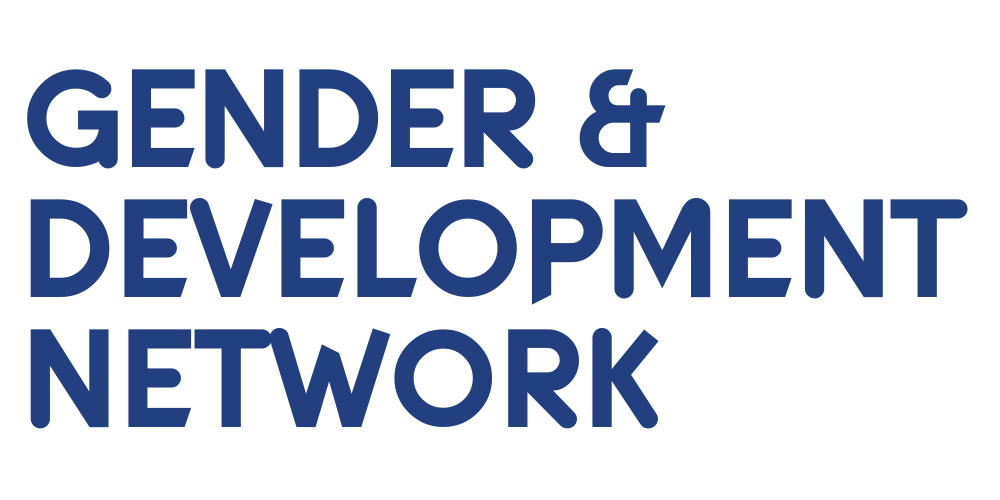Environment
Environmental degradation and climate change have severe consequences for everyone, but disproportionately impact marginalised people, particularly women and children.
Discriminatory social and cultural structures and norms result in unequal ownership of, and access to, natural resources – land, water and productive assets – as well as unequal decision-making. This limits women’s opportunities to participate in, contribute to and benefit from environmental policies and programmes.
Achieving gender equality would be good for the environment. Women tend to have smaller ecological footprints than men and engage in more sustainable behaviours.
In many parts of the world, their extensive experience makes them an invaluable source of knowledge on sustainable environmental management – meaning women have huge potential for bringing about positive change.
Yet there is limited recognition of what women can contribute to sustainable development and environmental protection. At the same time, failure to understand and address gender dimensions within environmental policies and projects leads to wasted resources, and could have negative effects on household welfare, gender equality and environmental sustainability.
GADN Resources
Explore GADN Resources and learn more about the environment.
GADN Working Group
The Gender and Environment Working Group raises awareness among development and environmental NGOs that gender and the environment are interconnected and need to be addressed together.
More on the issue
The roles traditionally assigned to women and girls (for example as food growers, fuel and water gatherers or carers) make them more dependent on natural resources and stable climate conditions, while extreme weather events often increase their burdens.
Gender-unaware policies
Women play a critical role in sustaining communities and managing natural resources, but despite this their contributions are often undervalued and neglected.
Gender-specific inequalities and barriers prevent their participation in environmental debate and action at all levels. Alongside their unequal access to resources, this hinders women’s ability to adapt to climate change and to respond to events such as drought, soil degradation and deforestation. It also leads to gender-unaware, and therefore ineffective, environmental policies.
Solutions
Considerations of gender and environment are crucial to enable communities to achieve resilience and adapt to and recover from environmental challenges. Women are powerful agents of change and can play a vital role in protecting the resources upon which they, and all of us, depend.
The 1995 Beijing Platform for Action proved forward-thinking, and its strategic objectives remain relevant today:
Involve women actively in environmental decision-making at all levels.
Integrate gender concerns and perspectives in policies and programmes for sustainable development.
Strengthen or establish mechanisms at the national, regional, and international levels to assess the impact of development and environmental policies on women.
Useful links
Other GADN Issues
📷 GADN members at Members’ Meeting on Workers’ Rights and Women’s Rights (April 2019)

